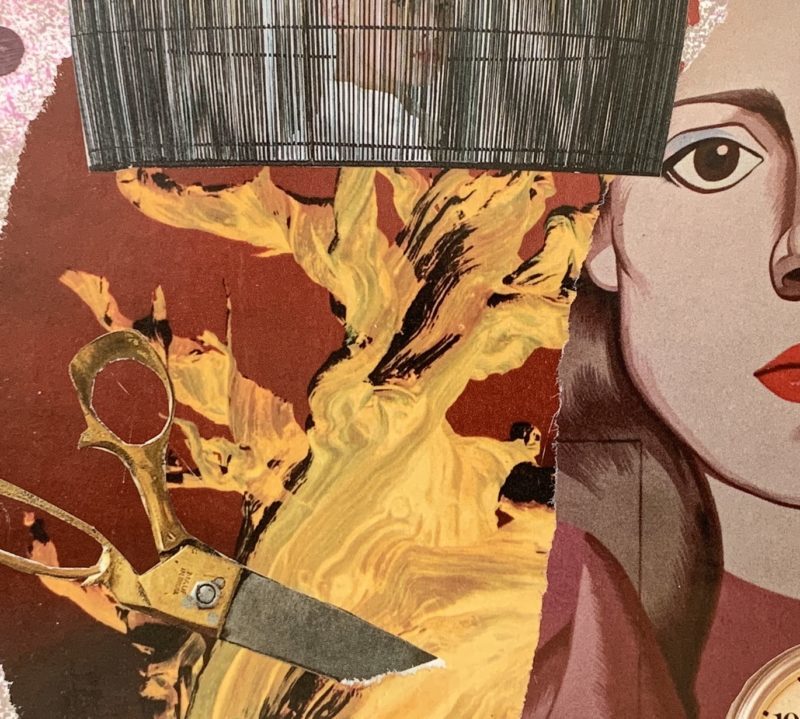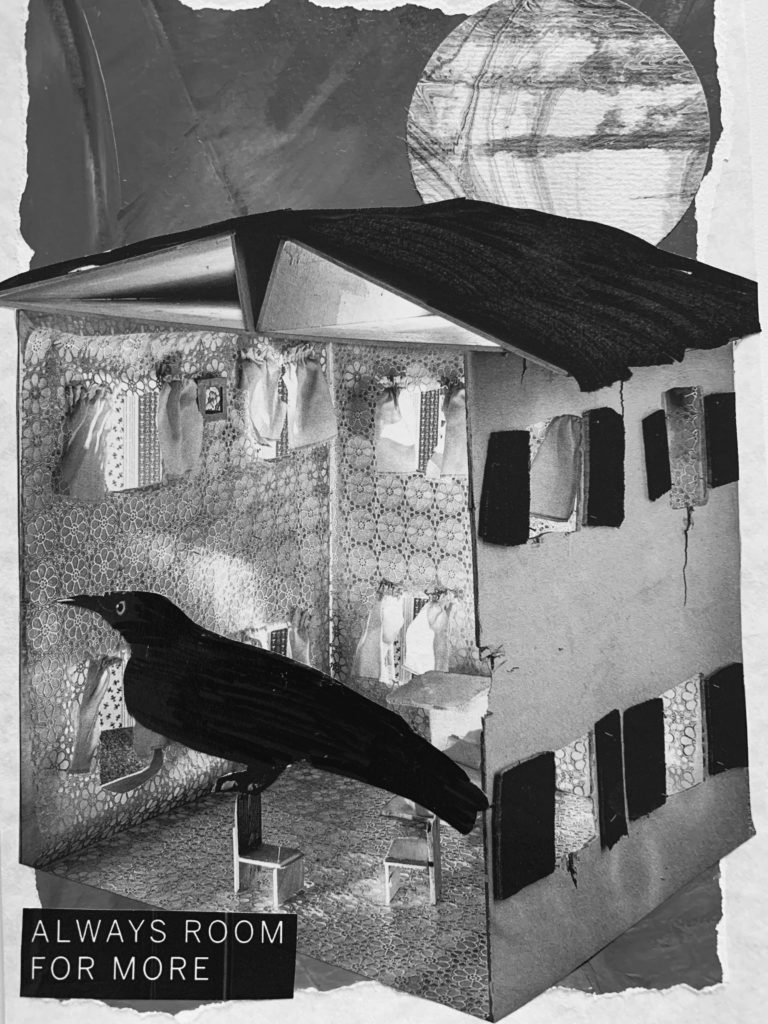
I have a new essay in Under the Sun about losing my first child to adoption.
A writing accident
I never meant to write about any of this. For decades I was a reader, not a writer. Then a terrible thing happened. And I began writing a story about it. One morning my husband went to work and left a legal pad on the kitchen table. I filled most of it that morning, making the terrible thing into sort of a fiction. Over the next weeks, I kept writing, even though I hadn’t done any creative writing since high school. I was processing the terrible thing by making it into a story.
At some point I stopped into one of my favorite coffee shops before picking my kids up from school and saw a stack of flyers about a writing workshop that was going to be held in their backroom on Saturdays. Cool, I thought. Because I think the thing I’ve been writing could be a novel. I folded the flyer in half and put it on my bulletin board in the kitchen.
Without ever unfolding the flyer and reading the bottom half of it with the description of the workshop, I showed up. That’s when I found out it was a memoir workshop. The story of my secret teen-age pregnancy poured onto the page. At the end of this weeks- long workshop there was a reader’s theater type performance. It made me brave. And I found out people wanted to hear the story about the son I had lost.
Writing on purpose
I took the workshop again. And again. At every performance there was always a birthmother or an adoptee in the audience. Even though starting to write memoir had been an accident, the telling of the story became more and more important to me. And it seemed important to other people too.
I also kept writing the story that was a fictionalized version of the terrible thing. When I was 54-year-old empty nester/new divorceé I got into an MFA program, and the novel about the terrible thing became a my master’s thesis. But all the while I was sending out personal essays about adoption and they were getting published. I thought my essays and the other essays I was reading about adoption might change the adoption industry.
Time has passed. I’ll be 70 this year. I am marching forward while the world marches backwards. A new Baby Scoop Era is coming. Amy Coney Barrett as much as told us so when she touted adoption as an alternative to abortion during her confirmation hearing. The recently leaked Supreme Court draft opinion has confirmed it.
I wrote about the loss of reproductive rights on this blog way back in 2012. And here’s a weird and creepy thought. Has the Hulu version of the Handmaid’s Tale been desensitizing us to our dystopian future? I was obsessed with the Handmaid’s Tale for the first few seasons and its parallels to the adoption and the Baby Scoop. You can read about that here and here.









